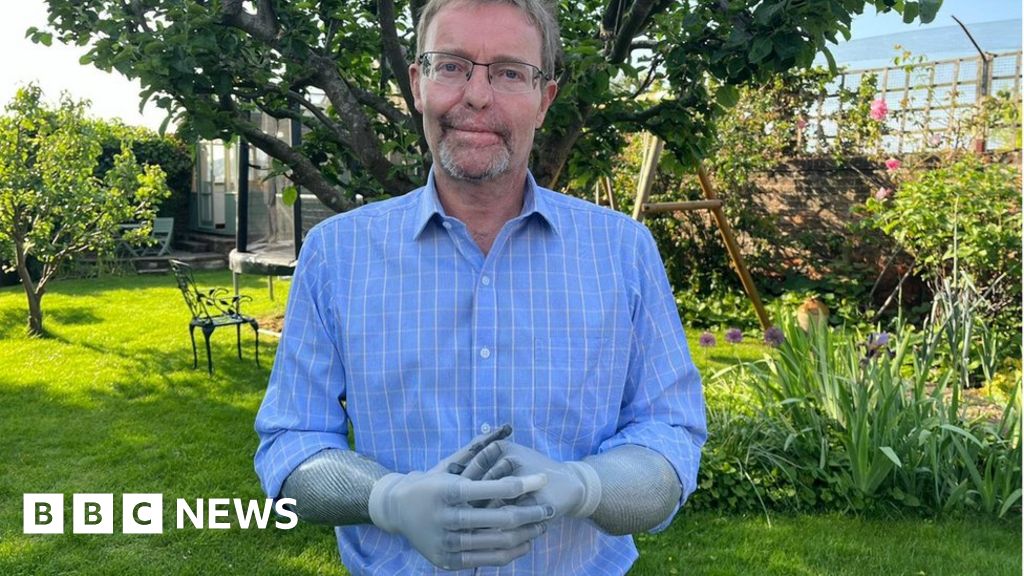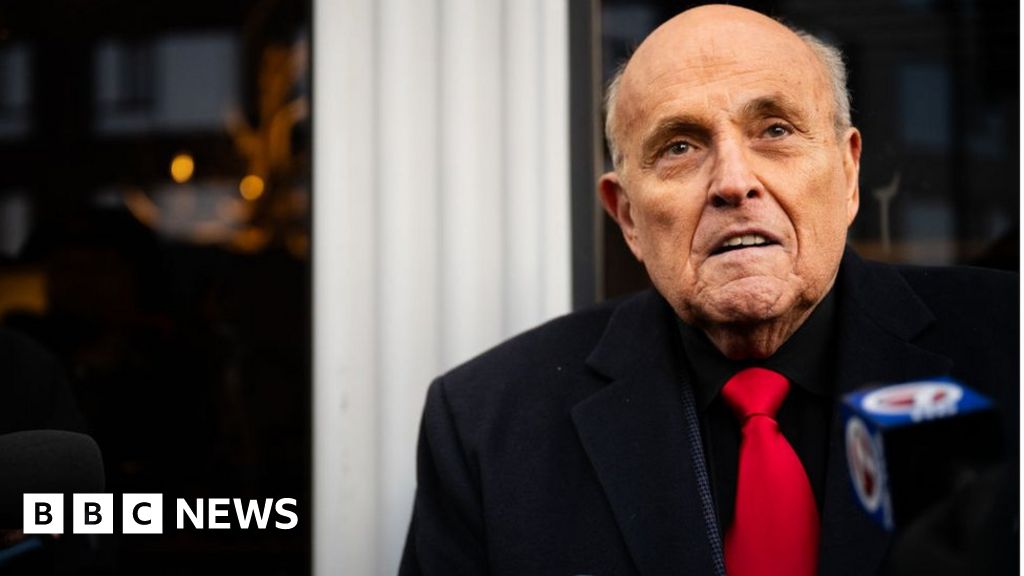Israeli officials have in recent days begun expressing fears that the International Criminal Court could issue arrest warrants against senior Israeli political and military figures, as the war between the Jewish state and Hamas in Gaza approaches its eighth month.
The ICC has not confirmed the Israeli claims, saying that while it has an “ongoing, independent investigation in relation to the situation in the state of Palestine”, which dates from 2021, it would not “give a running commentary” or respond to “speculation in media reports”.
Given a lack of confirmation — and the relatively slow pace at which the ICC has moved in other cases — there has been speculation in the Israeli media that the hand-wringing stems from political calculations by the country’s leaders who are under mounting pressure at home and abroad, rather than legal peril.
But the claims have drawn renewed attention to the potential for legal actions over the Gaza war, which has already triggered a separate, high-profile case at the International Court of Justice.
Why is the ICC scrutinising the war in Gaza?
The ICC was set up in 2002 and has the power to prosecute individuals for crimes against humanity, genocide and war crimes. Its jurisdiction covers crimes committed on the territories of, and by the citizens of, the 124 states that have signed up to its statute.
Palestine acceded to the statute in 2015, but Israel has not, and as such does not recognise the court’s jurisdiction. However, after years of legal wrangling, the ICC determined that it did have jurisdiction over events in the Palestinian territories, and in 2021 opened an investigation into the “Situation in the State of Palestine”.
The investigation’s initial remit included probing both alleged crimes committed during and since a previous war between Israel and Hamas in 2014, and Israel’s promotion of Jewish settlements in the occupied West Bank, which Palestinians seek as the heart of a future state.
However, the court’s prosecutor, Karim Khan, confirmed in November that the investigation would also encompass the current war, which was triggered by Hamas’s surprise attack on Israel on October 7.
ICC prosecutors are not only investigating allegations of war crimes by Israel, but also by Hamas and other militant groups active in those territories.
What could be the grounds for ICC arrest warrants?
Sheila Paylan, an expert on international law and human rights, said that if the ICC issued warrants against Israeli officials for events since October 7, they were likely to relate to the restrictions Israel imposed on humanitarian aid entering Gaza, and the indiscriminate killing of civilians.
In the early days of the war, Israeli officials pledged to impose a “siege” on Gaza. But more recently, they have insisted they are not imposing any limits on the amount of aid entering the enclave. They also deny indiscriminately killing civilians.
However, humanitarian organisations say the amount of aid entering Gaza is a fraction of what is needed, and Palestinian officials say the majority of the more than 34,000 people killed by Israel in Gaza have been women and children.
Palestinian lawyers who have given evidence to the court said any arrest warrants were most likely to be issued in order to facilitate the court’s investigations. For instance, having collected evidence from Palestinians on various alleged war crimes, the prosecutors would formally ask for Israeli officials to provide their own evidence on the issue. Were Israel to deny that request, the court is empowered to seek their detention in order to satisfy its remit to fully investigate the alleged crimes.
Paylan said she expected that any warrants issued by the court would also target Hamas involved in the October 7 attack, during which militants killed 1,200 people and took 250 hostages, according to Israeli officials.

What would the implications of ICC arrest warrants be for Israeli officials?
Israeli officials subject to ICC arrest warrants would, in effect, be limited from travelling to any of the 124 countries that have signed the court’s statute, as these states would be obliged to arrest them and hand them over to the court. Those countries include the UK, most European and Latin American countries, as well as numerous states in Africa and Asia.
However, as the ICC has no enforcement mechanism of its own, it is reliant on member states to take action — and this does not always happen. In 2015, South Africa refused to arrest Sudanese leader Omar al-Bashir when he visited the country, even though he was subject to an ICC warrant.
Legal experts said that beyond the direct impact of any arrest warrants, the very fact that the ICC had issued them could also have knock-on effects, such as making other countries less willing to supply Israel with weapons, or more prepared to impose sanctions of their own.
“It could be a reason why other countries might want to impose sanctions, but it’s not a necessary consequence,” said Paylan.

What other legal challenges is Israel facing?
The International Court of Justice — the UN’s top court, which deals with cases against countries, rather than against individuals — is already hearing a separate case brought by South Africa accusing Israel of committing genocide against Palestinians in Gaza.
Israel has vehemently denied the accusation, and the court is unlikely to reach a final decision on the merits of the case for years. However, it has imposed a series of interim orders on Israel, including ordering it in March to ensure that more food and humanitarian assistance reach Palestinians in Gaza, warning that famine was “setting in” in the enclave.
Outside the courtroom, Israel is also facing challenges. Under a memorandum issued by US President Joe Biden earlier this year, secretary of state Antony Blinken must inform Congress by May 8 whether Israel’s claims that it is not using US weapons in contravention of international law are credible. If he finds that they are not, the administration could theoretically suspend future weapons transfers.
Are the legal challenges likely to make Israel change tack?
Israeli leaders are adamant that the ICC will not affect how they are waging the war in Gaza. Even as he expressed fears on Sunday that arrest warrants were possible, foreign minister Israel Katz said Israel would not “bow our heads or be deterred”, vowing that the country would “continue to fight” until it had destroyed Hamas and secured the release of the roughly 130 hostages that Hamas is still thought to be holding in Gaza.
Chimène Keitner, professor of international law at the University of California Davis School of Law, said that while ICC arrest warrants could serve as “an impetus for domestic courts to start being more active”, she did not expect this to happen in Israel so long as Israeli hostages were still being held in Gaza, and while the current government was in power.
Additional reporting by Andy Bounds in Brussels

Emily Foster is a globe-trotting journalist based in the UK. Her articles offer readers a global perspective on international events, exploring complex geopolitical issues and providing a nuanced view of the world’s most pressing challenges.








